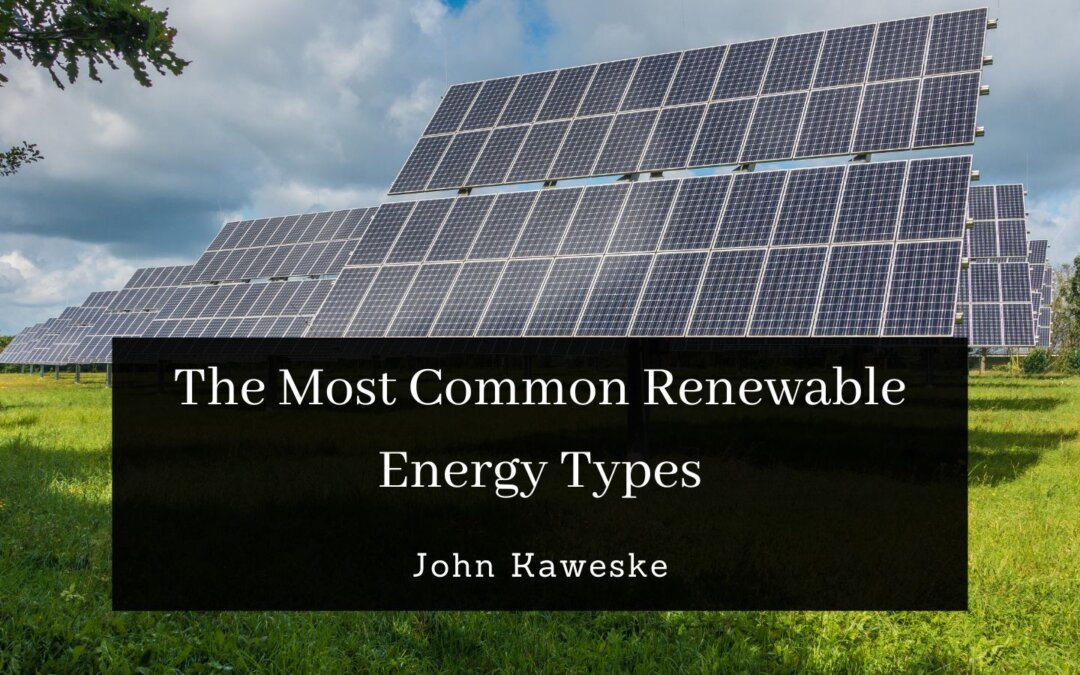 Renewable energy is a rapidly growing sector that is increasingly important in meeting the world’s energy needs. Renewable energy sources are derived from natural processes that are constantly replenished, such as the sun, wind, and water. The concept has been...
Renewable energy is a rapidly growing sector that is increasingly important in meeting the world’s energy needs. Renewable energy sources are derived from natural processes that are constantly replenished, such as the sun, wind, and water. The concept has been...
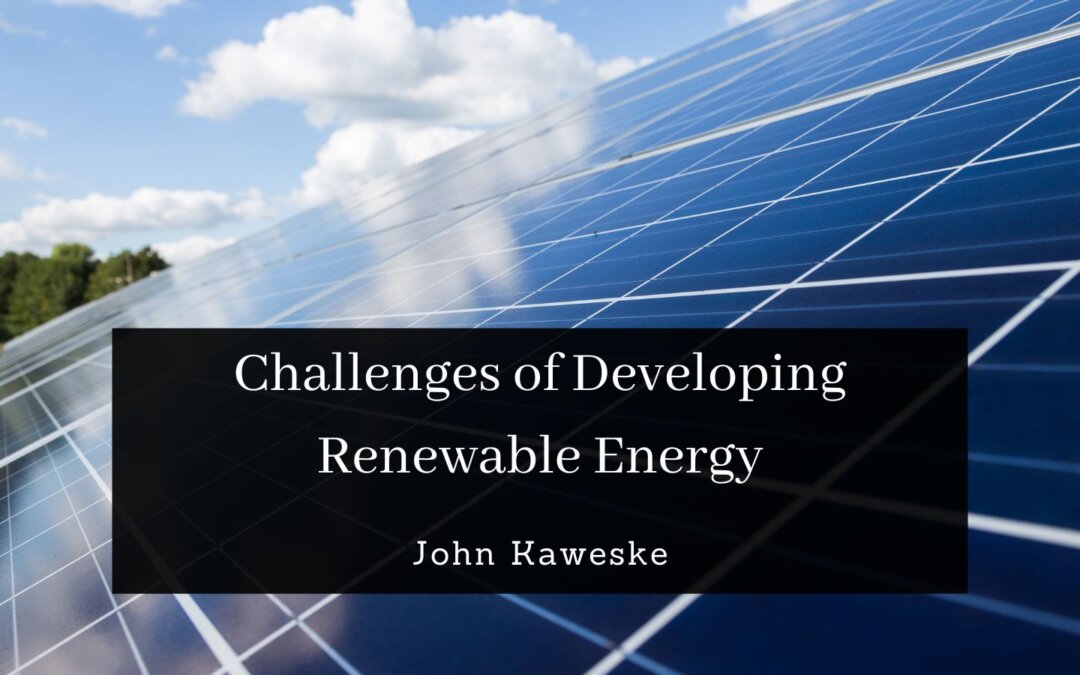 Renewable energy development has been a critical focus for many governments and organizations worldwide as they look to lower carbon emissions. While renewable energy has many benefits, such as reducing greenhouse gas emissions and improving energy security, several...
Renewable energy development has been a critical focus for many governments and organizations worldwide as they look to lower carbon emissions. While renewable energy has many benefits, such as reducing greenhouse gas emissions and improving energy security, several...
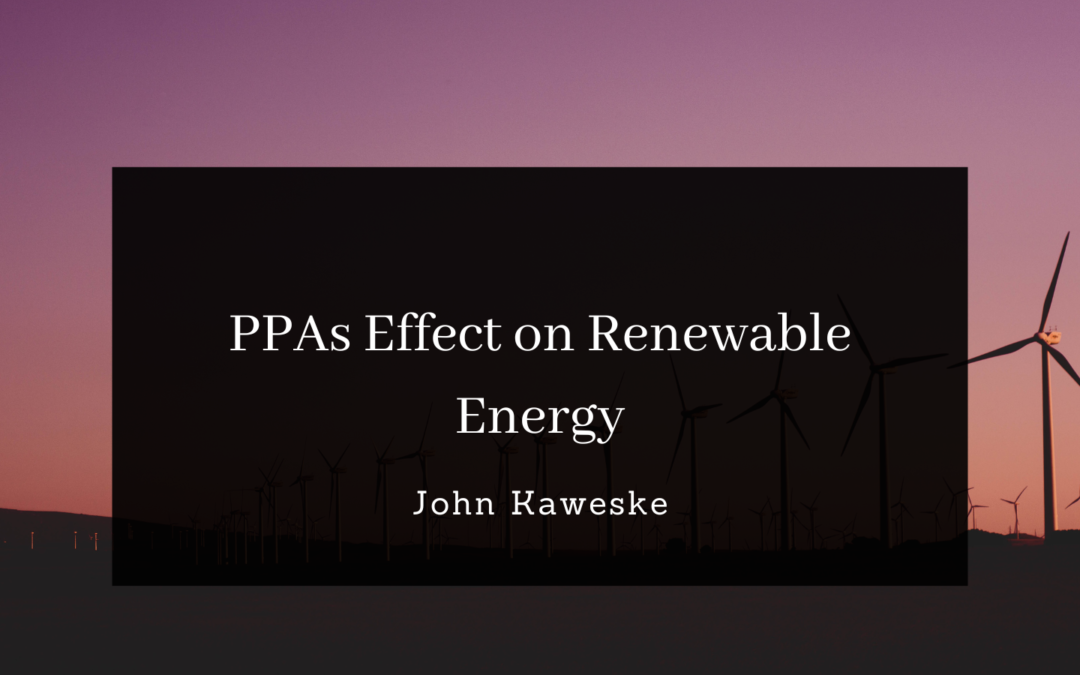 A power purchase agreement, also known as PPAs, allows a company to purchase electricity at a fixed price for a long time. This type of deal eliminates the need for a company to worry about the volatility of the power market. Why they matter For power producers,...
A power purchase agreement, also known as PPAs, allows a company to purchase electricity at a fixed price for a long time. This type of deal eliminates the need for a company to worry about the volatility of the power market. Why they matter For power producers,...
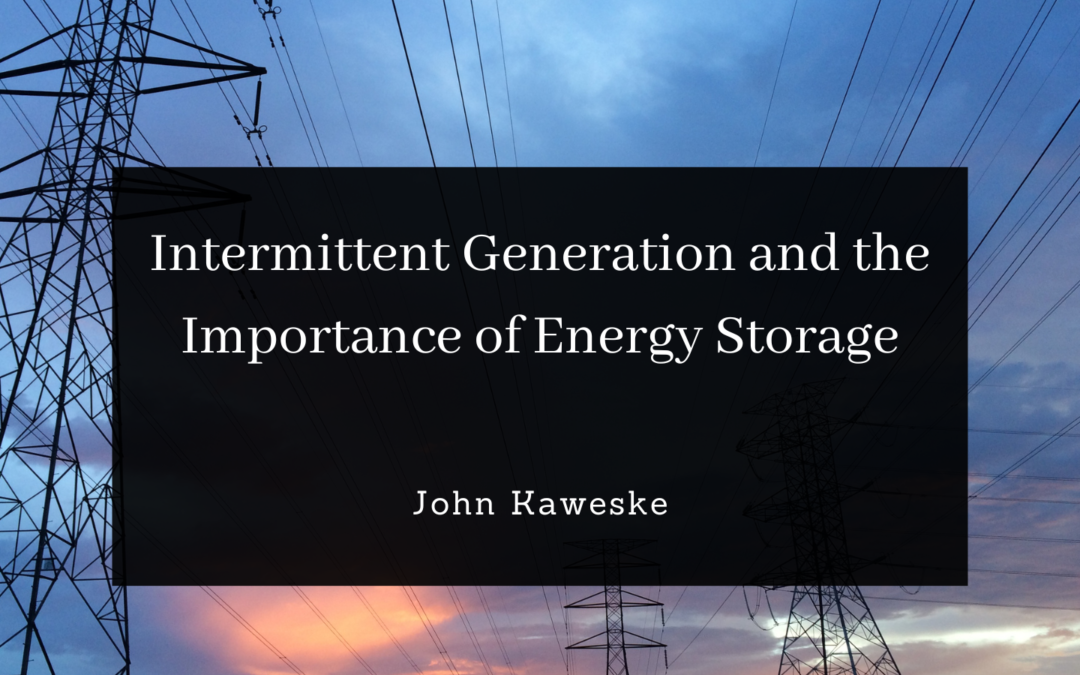 Intermittent generation refers to the availability of electricity for a specific period of time. When the weather is unfavorable, the efficiency of wind, solar, geothermal, and hydropower decreases, which can result in inconsistent and unreliable electricity...
Intermittent generation refers to the availability of electricity for a specific period of time. When the weather is unfavorable, the efficiency of wind, solar, geothermal, and hydropower decreases, which can result in inconsistent and unreliable electricity...
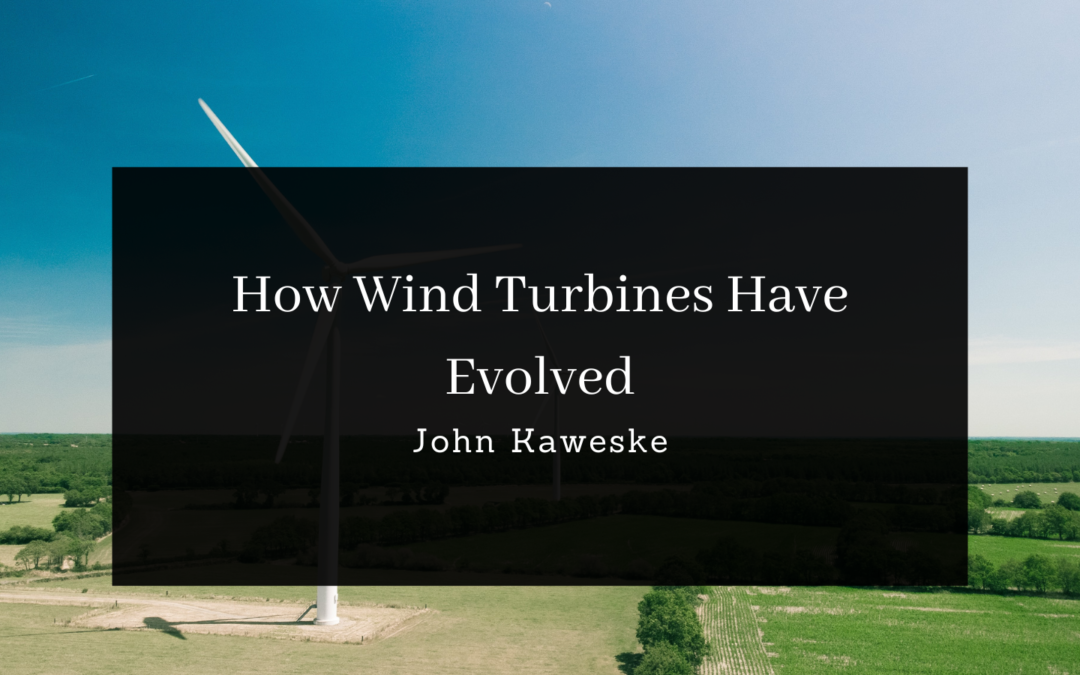 Over the millennia, humans have been using the wind to power various objects. In the 1st century AD, mathematician and engineer Heron of Alexandria created a windwheel, which he then used to make “flute-like noises.” Wind power disappeared in the 7th...
Over the millennia, humans have been using the wind to power various objects. In the 1st century AD, mathematician and engineer Heron of Alexandria created a windwheel, which he then used to make “flute-like noises.” Wind power disappeared in the 7th...
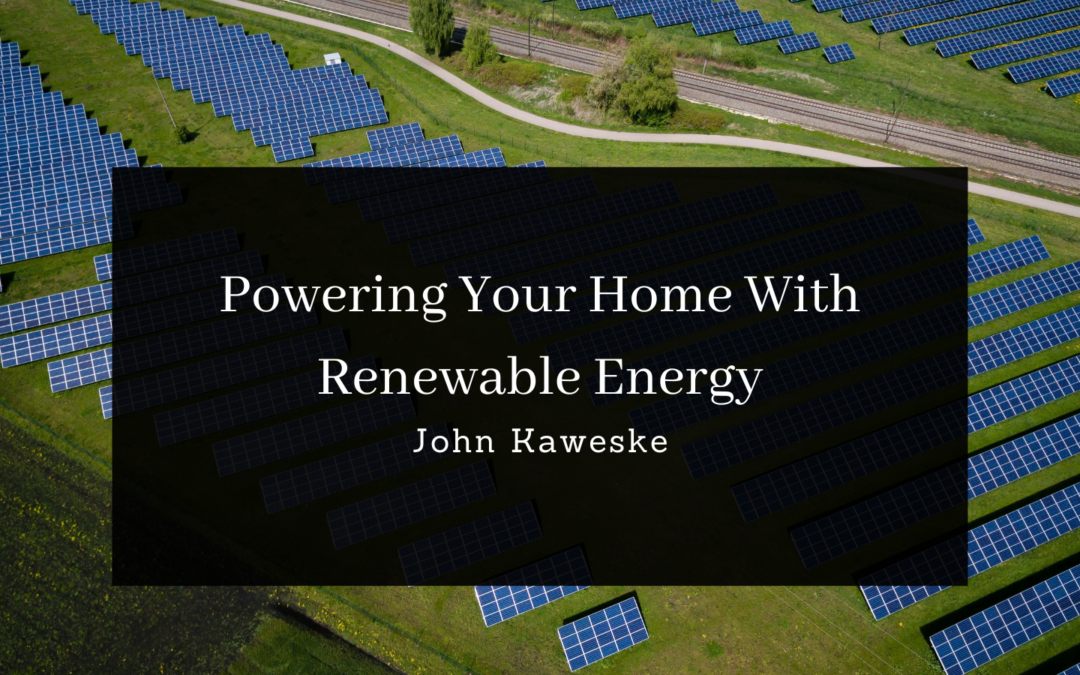 Renewable energy sources can help lower energy costs and reduce carbon footprint. They can also make your house more sustainable. Various natural sources such as water, wind, sunlight, and biomass produce renewable energy. These energy sources replenish naturally....
Renewable energy sources can help lower energy costs and reduce carbon footprint. They can also make your house more sustainable. Various natural sources such as water, wind, sunlight, and biomass produce renewable energy. These energy sources replenish naturally....
 Despite its low cost, ethanol is a relatively cheap alternative fuel. It offers more availability and less pollution than unblended gasoline. However, it also has some drawbacks. Pros Better For the Environment Compared to regular gasoline, ethanol provides a better...
Despite its low cost, ethanol is a relatively cheap alternative fuel. It offers more availability and less pollution than unblended gasoline. However, it also has some drawbacks. Pros Better For the Environment Compared to regular gasoline, ethanol provides a better...
 As conversations continue surrounding renewable energy sources, biofuels are one of the leading products in the industry. These fuels are produced from biomass materials and can be used for transportation and, in some cases, heating and cooling. Government programs...
As conversations continue surrounding renewable energy sources, biofuels are one of the leading products in the industry. These fuels are produced from biomass materials and can be used for transportation and, in some cases, heating and cooling. Government programs...
 Over the past 20 years, urban areas have demonstrated exponential growth. There has been a drastic improvement in cities, automobiles have developed, infrastructure has changed, and populations have increased. This is all excellent news, but with this has come extreme...
Over the past 20 years, urban areas have demonstrated exponential growth. There has been a drastic improvement in cities, automobiles have developed, infrastructure has changed, and populations have increased. This is all excellent news, but with this has come extreme...
 In order to reduce its carbon footprint, the trucking industry is starting to consider the costs, social impacts and challenges associated with switching to alternative fuels. The National Biodiesel Board recently released a report on the economic and health benefits...
In order to reduce its carbon footprint, the trucking industry is starting to consider the costs, social impacts and challenges associated with switching to alternative fuels. The National Biodiesel Board recently released a report on the economic and health benefits...











